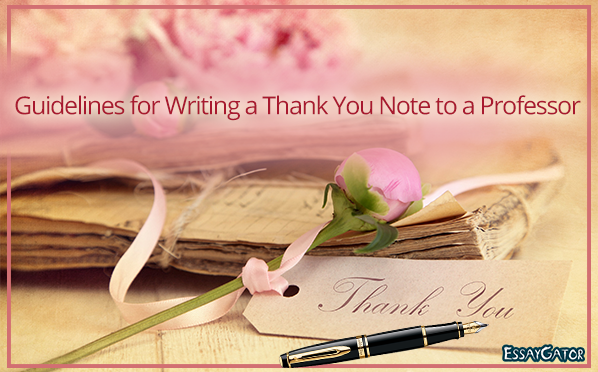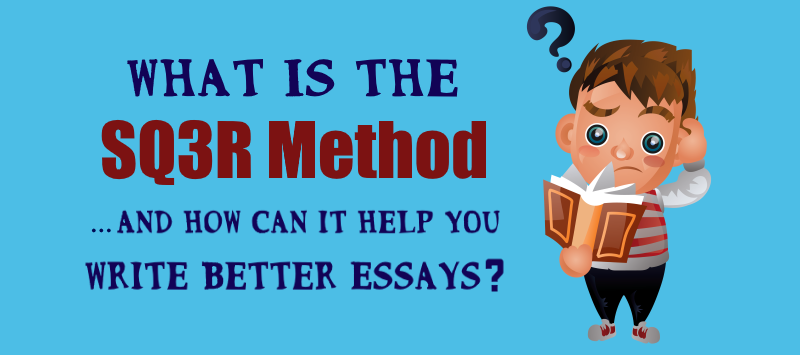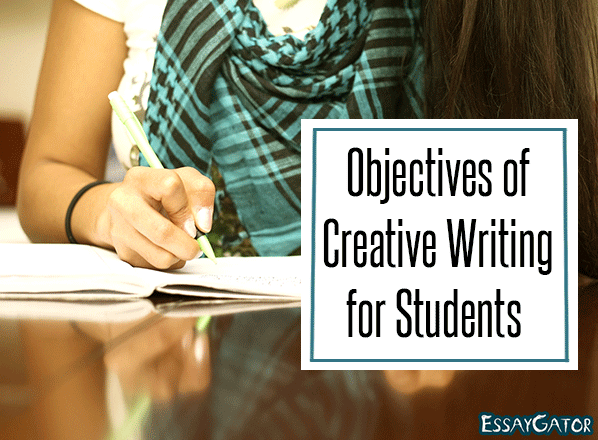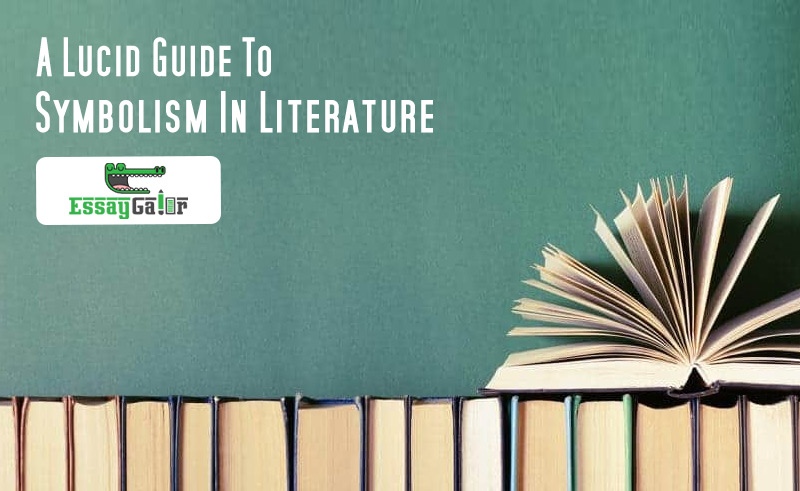Objectives Of Creative Writing For Students
Objectives Of Creative Writing For Students
Taking classes to write fiction, poetry and creative non-fiction is a great way to excite your writing spirit and discover your hidden talent. Besides, discovering a ‘new you’, creative writing units also have numerous other objectives and potential outcomes. If the courses work right for you, it enables you to enhance your knowledge of reading and writing. Before enrolling in a creative writing class, you may, however, want to know what benefits you will get by completing such classes. So, here we list the objectives of creative writing for students. But one thing is guaranteed that the learning will stay with you for rest of your life.
1. General Objective
Here are the general objectives and expected outcomes of creative writing classes.
(i) Objective 1: You will have the ability to apply critical and theoretical approaches to the reading and analysis of literary texts in multiple genres.
(ii) Objective 2: You will understand how to identify, analyze, interpret and describe critical ideas, themes, values that consist of literary texts and perceive the ways to evaluate how ideas, themes and values create an impact on societies, both in the past and present.
(iii) Objective 3: You will become capable of producing poems or literary non-fictional pieces that are original and engaging.
(iv) Objective 4: You will be able to articulate an awareness of the relationship between the individual works and conventional literary work.
(v) Objective 5: You will become capable of passing judgment whether a journal or a press is better venue for publishing literary work.
(vi) Objective 6: By critical reading and analysis, you become someway an expert to analyze and critique the quality of literary journals as well as the work of particular writers.
Now that you know the general outcomes, let us go into more specialized objectives based on various parameters of creative writing.
2. Literary Techniques
Literary techniques are defined by three main genre’s foundational styles that equip students to write their own creative work. Here are the objectives of the three most primitive genre of writing —
1. Fiction
‘Prose is architecture, not interior decoration’ – Ernest Hemingway
Writing must have building blocks, structured against characters, plot and setting. This rule becomes more pronounced when it comes to fiction writing. This type of writing always revolves around imagination, passion and hard work. A new world created by authors that certainly influence the readers. That’s what fiction writing is all about.
(i) Objective 1: Identify the structural elements of fiction
(ii) Objective 2: You might emphasis on characterization, setting and plot development
(iii) Objective 3: You become able to analyze how people act and react, their facial expression and their body language
(iv) Objective 4: As fiction helps you to disconnect with your everyday life, it lifts you from the mundane and walks you on the path that you have never experienced before
(v) Objective 5: Through fiction, we experience emotions and new adventures that connect us with the rest of the world. Whether historical or contemporary fiction, patterns do emerge: sorrow or joy, hopelessness or hope, life or death etc.
2. Poetry
‘Poetry is the spontaneous overflow of powerful feelings, it takes its origin from emotions recollected’ – William Wordsworth
Writing poetry involves undertaking a new way of life that takes a form of strong words, powerful feelings and vivid imagination.
(i) Objective 1: Make you understand the concepts and basic terms of poetry writing
(ii) Objective 2: It teaches you the concept of rhythm, rhyme and alliteration
(iii) Objective 3: It enables you to perceive the fugitive language like simile, metaphor and personification
(iv) Objective 4: Involves different patterns of poetry
(v) Objective 5: Understand and appreciate poetry as a literary art form.
3. Creative Non-fiction
‘Writing non-fiction is like cracking a safe. It seems impossible at the beginning, but once you are in, you are in’ – Rich Cohen
Writing non-fiction may seem difficult, but it has an array of genres to cover. The writer of non-fiction has a huge responsibility to present the truth or accuracy of the events, people and/or information presented.
(i) Objective 1: Creative non-fiction allows reflecting your personal experience and how to conduct good research, collect data and convey a sense authority in your work while creating your own literary nonfiction
(ii) Objective 2: You learn to recall and understand the language and organizational features of all main non-fiction text types
(iii) Objective 3: You perceive how to go about reading a non-fiction literary piece
(iv) Objective 4: You can choose different types of imageries and transform them into structured non-fiction prose
(v) Objective 5: You learn to write non-fiction effectively for a particular purpose and audience, combining organizational features as appropriate.
3. Critical Reading
Being able to analyze reads is the key understanding of how creative writing works. When you join creative writing classes, it typically includes intensive reading and discussion of poems and other literary works that enables you to see the technique in action.
(i) Objective 1: According to Ohio University of English Department, as a critical reader, you understand the styles and traditions of different genres and gain inspiration from different authors. For example, let say, you might read Flannery O’Connor’s famous short story, ‘A Good Man is Hard to Find’ and discuss with your class how O’Connor developed her characters. Later, you can use her work as an inspiration for your writing
(ii) Objective 2: Many believed that their vocabulary could be improved
(iii) Objective 3: You gain the ability to comprehend and extract appropriate meaning and relevance of what is being read
(iv) Objective 4: A critical reader who is constantly looking for new ideas and inspiration welcomes written piece with an open mind, but at the same time questions the content and of the text by testing against its knowledge and experience
(v) Objective 5: You become competent to discover the hidden message in the text and to ascertain how the ideas in the text accords with writer's opinion, values and objectives.
4. Revision
Many students make mistakes by assuming that good writing is effortless and natural. In reality, all writing requires revision, sometimes multiple drafts and total rewrites of a single piece.
(i) Objective 1: You leave the class knowing the technique of brainstorming, composing a draft and determining the piece’s revision
(ii) Objective 2: Since creative classes sometimes involve giving peer feedback through a writing workshop, students also learn how to give constructive reviews and feedback to improve a piece
(iii) Objective 3: You become able to decide how a writing piece should be revised towards improvement.
5. The Philosophy of Creativity
Ultimately, when you finish the creative writing class, you should be able to explain their creative values and strengthen your future plans.
(i) Objective 1: When you get in touch with different and numerous writers, you are able to identify authors whose work left an impact on you
(ii) Objective 2: You will understand what genre attracts you the most and you enjoy writing in
(iii) Objective 3: In the course, you will be comfortable to share how you are going to pursue your writing after class’s conclusion. For example, you might go onto graduate creative writing program, others may want to continue writing on their own
(iv) Objective 4: The students should leave the class with an appreciation for creative writing and better understanding of the unique voice of the different authors.
The list does not end here. The more you get involved in the course, the more outcomes come in your way. The above-mentioned are common learning objectives of creative writing and its different sections. But it works differently on distinct natured personalities. And to experience that, you need to join a creative writing class.
How can EssayGator.com assist you in writing?
EssayGator.com is proud to ensure the best quality writing help in all academic sectors. Thousands of customers all over the world approach us for top-quality assignment writing help every day. And we as a writing service provider fulfill the need of our customers in the best possible manner. Fortunately, all our experts, that’s 3000+ experts, have at least master’s credentials in their respective subjects and also years of experience in essay writing industry. Moreover, all our experts are familiar with the most popular referencing style and formatting of written assignments.
No matter what educational course you are pursuing or what subject you are working on, assignment writing will follow you. Fortunately, you have EssayGator at your disposal. While other writing services ensure you timely delivery, we are the one and only writing service to worry about the quality of assignment writing solutions. Everything else is secondary to us. That is why we stand out in the crowd of writing service providers.
All our writers care about is the quality of each individual work delivered. Each assignment solution created by our experts undergoes strict quality check. During quality check, the assignment solution is check for plagiarism, factual pieces and whether the requirements are fulfilled. After ensuring everything in its places, our operation team delivers completed assignment solution to our customers. You can easily download your copy from your account.
Having doubts?
Let us tell you, it is totally okay to have an expert write your assignments like ours. When you are not completely confident about your skills, you can always knock on our doors. We assure that our friendly nature customer care executives will answer every time. You just have to be prompt with your actions.
(i) Send your requirements
(ii) Choose a writer
(iii) Get completed assignment solutions in your account
Hurry now!





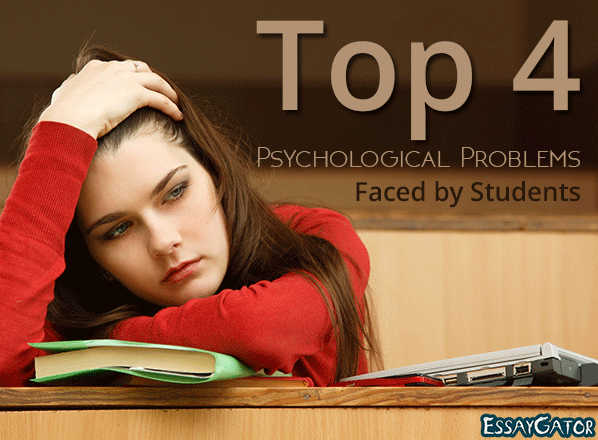

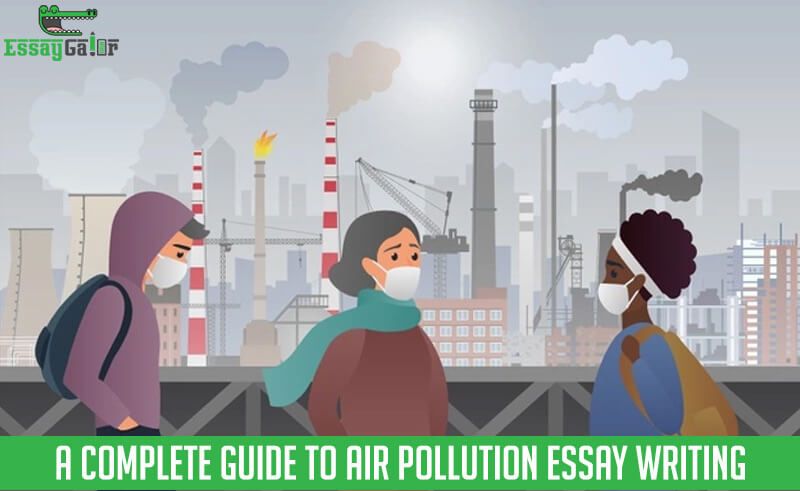
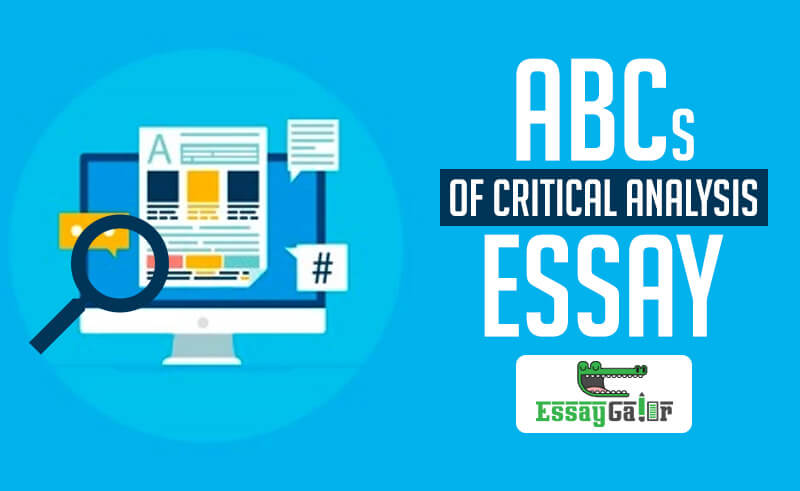
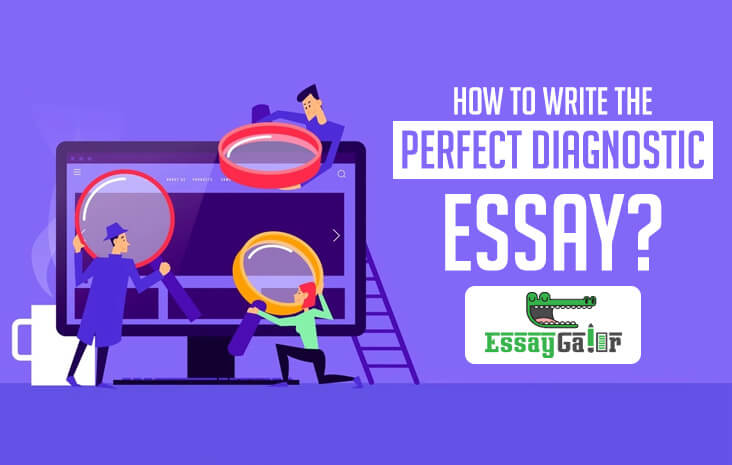

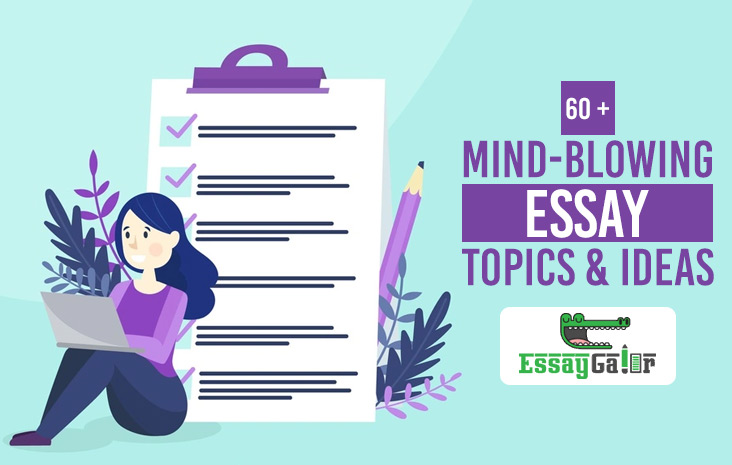

 394 Order Completed
394 Order Completed 302 Reviews
302 Reviews




























